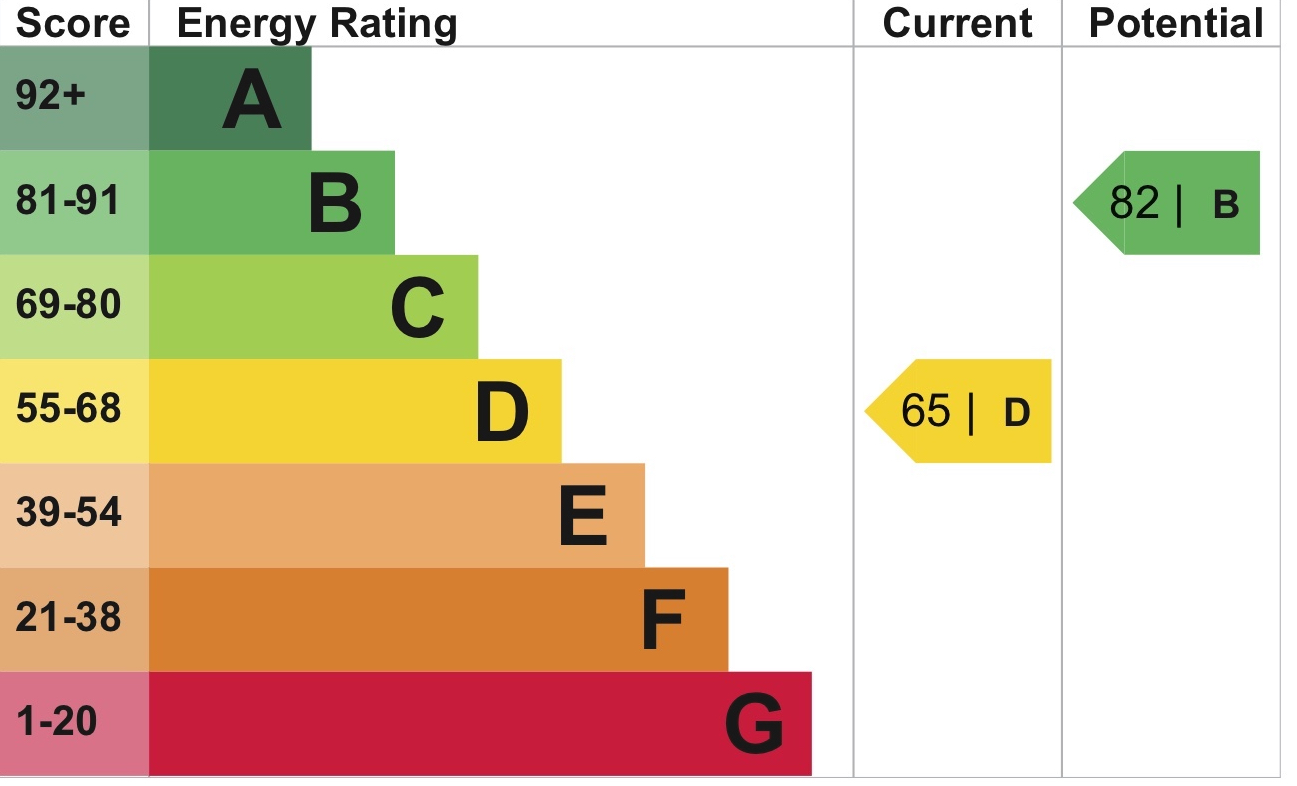good to know
What is an EPC?

EPCs indicate how energy efficient a building is and recommend specific ways to improve the efficiency of your property. An EPC gives a property an energy efficiency rating from A (most efficient) to G (least efficient) and is valid for 10 years. It also lets property occupiers know how costly it will be to light and heat their property.
Energy Performance Certificates (EPCs) are needed whenever a property is: built, sold or rented.
You must order / provide an EPC for potential buyers and tenants before you market your property to sell or rent.
What does an EPC contain?
An EPC contains:
– Information about a property’s energy use and typical energy costs
– Recommendations about how to reduce energy use and save money
Are there any minimum requirements for rentals?
From 1st April 2020, landlords must not grant a new tenancy (including the renewal of an existing contract), or continue to let a property where the Energy Performance Certificate (EPC) is below the minimum permitted energy efficiency level of a band E.
This means that anyone whose rental property has an F or G EPC rating will no longer be able to legally let them out, unless an applicable exemption applies.
As well as helping lower bills for the tenant, this new regulation is part of the UKs efforts to reduce carbon reduction by 80% by 2050. Failure to meet the new law could mean a fine of up to £4,000 – a cost that is best avoided.
How will Meyer Energy assess my property?
I will visit the property and examine key items such as:
- Cavity wall
- Floor and loft insulation
- Domestic boiler
- Hot water tank
- Radiators
- Heating controls
- Windows for double glazing
- and much more
I will the then input all of the observations into a software program which performs the calculation of the energy efficiency of your property.
If you have any additional documentation that can provide evidence of any retro fit installations or depths of insulations etc, then please have this available for me.
Are there any buildings that are exempt?
Most buildings and properties require an EPC but some are exempt. Please see a list below:
- places of worship
- temporary buildings that will be used for less than 2 years
- stand-alone buildings with total useful floor space of less than 50 square metres
- industrial sites, workshops and non-residential
- agricultural buildings that don’t use a lot of energy
- some buildings that are due to be demolished
- holiday accommodation that’s rented out for less than 4 months a year or is let under a licence to occupy
- listed buildings – you should get advice from your local authority conservation officer if the work would alter the building’s character
- residential buildings intended to be used less than 4 months a year
